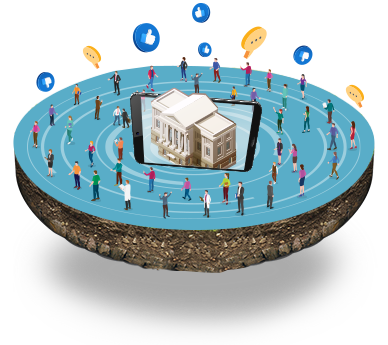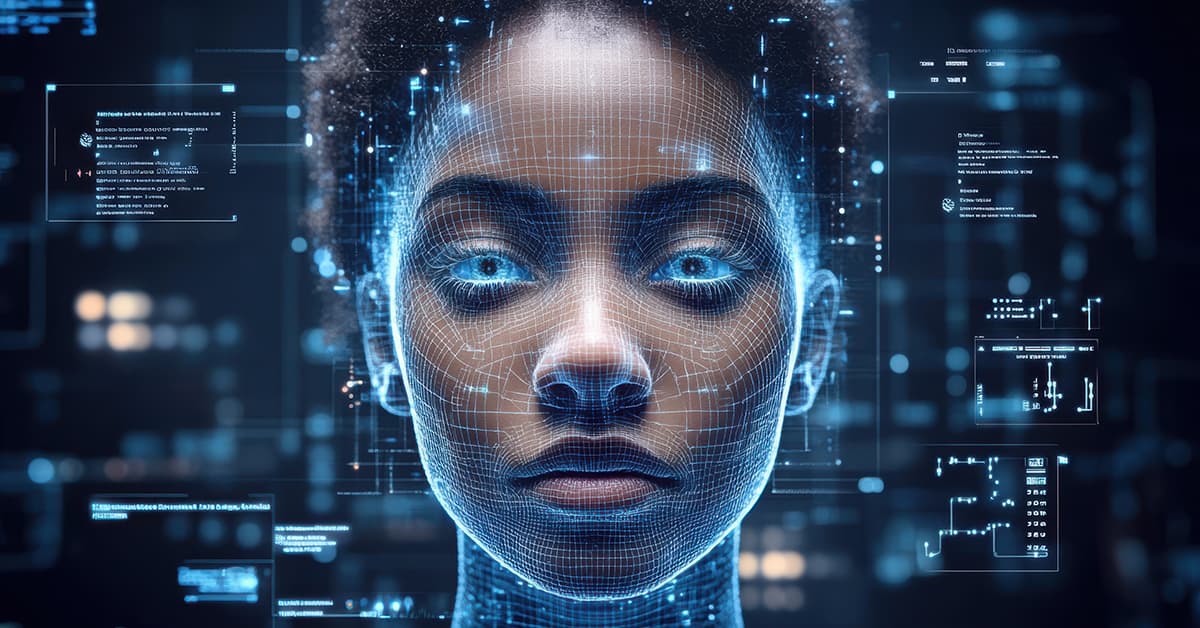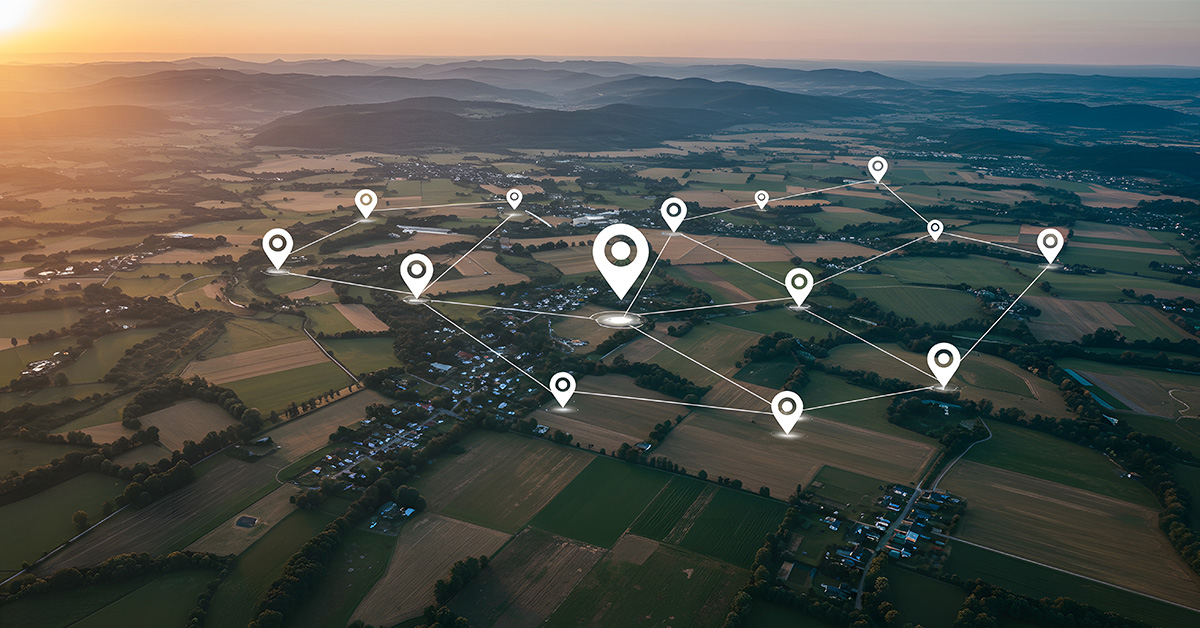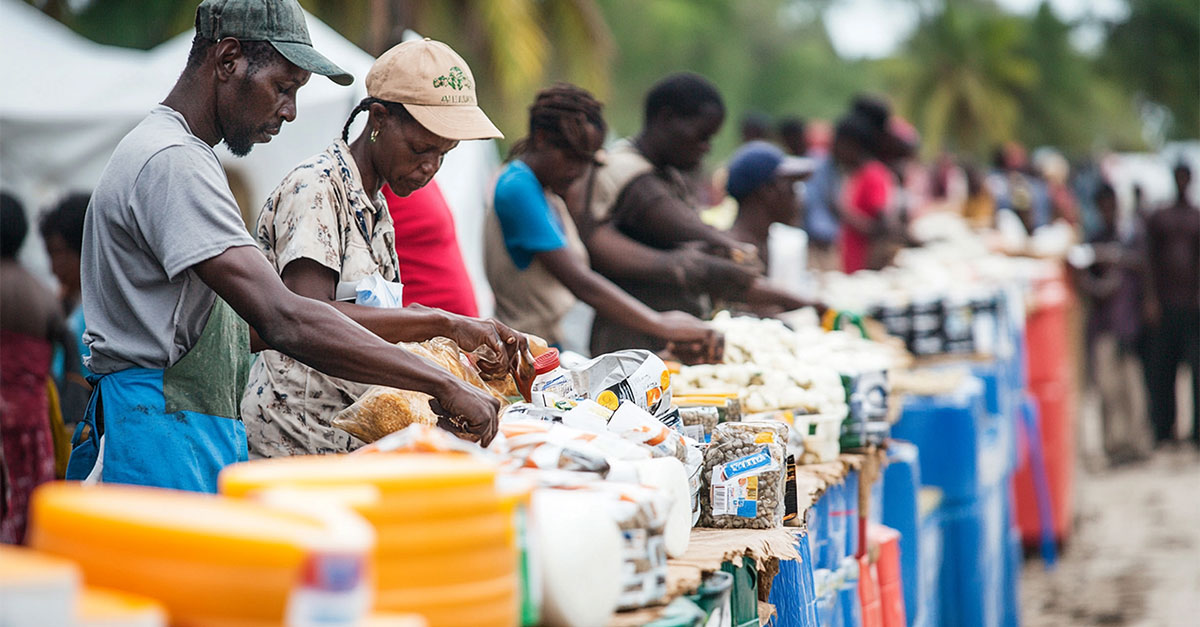In an era where digital technologies are revolutionizing nearly every aspect of our world, healthcare stands at the forefront of this transformation. The digital health market has witnessed exponential growth over the past decade. According to the World Health Organization (WHO), telehealth usage surged by more than 50% in many high-income countries following the onset of the COVID-19 pandemic. The global market for mobile health (mHealth) solutions—from wearable devices to remote patient monitoring apps—was valued at over USD 50 billion in 2020 and is projected to grow at a compound annual growth rate of more than 20% over the next several years. Developed regions have advanced rapidly, with more than 80% of hospitals in Europe and North America adopting electronic health records (EHRs) and integrating artificial intelligence (AI) for diagnostics support. As the rest of the world capitalizes on these advances, Africa can leverage technology to address persistent healthcare challenges, improve outcomes, and ensure more equitable access to medical care.
.jpg)
The State of Healthcare in Africa
Africa is home to about 1.4 billion people—roughly one-sixth of the global population. Yet, the continent bears a disproportionate share of the worldwide burden of disease, including malaria, HIV/AIDS, and tuberculosis, as well as rising non-communicable diseases like diabetes and heart disease. Many African countries face a critical shortage of healthcare professionals; the WHO estimates that Sub-Saharan Africa has about 3% of the world’s healthcare workers while shouldering 24% of the global disease burden. Infrastructure remains a key issue, with limited numbers of clinics in remote areas and transportation challenges making it difficult for patients to reach quality care.
These persistent problems highlight the need for innovative solutions to leapfrog traditional healthcare delivery models. With mobile phone penetration rates over 80% in many parts of the continent, technology promises to connect patients and healthcare providers like never before. By harnessing digital tools, Africa can adapt to global health trends and become a resourceful, patient-centered healthcare delivery leader.
Telemedicine & Remote Care
.jpg)
One of the most significant ways technology is changing healthcare in Africa is through telemedicine. With essential smartphones and internet connectivity, patients in rural areas—where physician shortages are most acute—can now consult doctors located hundreds of miles away. Virtual consultations can help diagnose common conditions, recommend treatments, and even monitor chronic diseases over time. Such tools are especially valuable for communities that previously relied on traditional healers or had to travel long distances for medical attention.
In Rwanda and Ghana, for example, telemedicine platforms have connected rural clinics with urban specialists, enabling prompt diagnosis and reducing the need for costly patient transfers. In Tanzania and Nigeria, AI-based chatbots guide patients through symptom checkers, providing initial consultations and directing them to appropriate care. These systems save time and help ensure patients' care is grounded in medical best practices rather than guesswork.
mHealth Innovations & Health Information Systems
Mobile health applications, or mHealth solutions, are game-changers in primary care and public health. Text message reminders encourage patients to adhere to medication regimens, attend prenatal check-ups, and bring children for immunizations. In Kenya and Uganda, maternal health apps send reminders about antenatal care visits, and vaccination campaigns have leveraged SMS-based outreach to improve compliance rates.
Health information systems are also increasingly being digitized. Once rare in African clinics, electronic health records are becoming more common as governments and NGOs invest in digital infrastructure. These systems improve coordination among healthcare providers, reduce paperwork burdens, and help maintain accurate patient histories. They also facilitate data analysis, enabling health authorities to monitor disease trends, identify hotspots, and allocate resources more efficiently.
Diagnostics & AI-Driven Tools
Artificial intelligence and machine learning hold enormous potential in resource-constrained healthcare environments. AI-driven diagnostic tools can help interpret X-rays, CT scans, and mammograms, aiding physicians lacking specialized training. In countries like Nigeria and South Africa, start-ups already use AI to detect pneumonia in children or identify early signs of cervical cancer, allowing for earlier interventions and better patient outcomes.
Moreover, point-of-care diagnostic devices connected to smartphones are becoming more common. Affordable, portable tools can test for malaria, HIV, and COVID-19, delivering rapid results without needing a fully equipped laboratory. These innovations bring sophisticated medical testing directly to the patient’s community, drastically cutting down wait times and making follow-up treatments more timely and effective.
Challenges and the Path Forward
.jpg)
While technology's potential in African healthcare is immense, there are still challenges to overcome. Limited internet connectivity, unreliable electricity, and low smartphone ownership can hinder adoption in some rural areas. Data privacy and security must be addressed, especially as more patient data moves online. Regulatory frameworks must keep pace with technological advances to ensure quality, safety, and equitable access.
Another concern is that technology alone cannot solve systemic issues like inadequate funding and the shortage of healthcare workers. Tech solutions must be part of a broader strategy that includes strengthening primary care networks, improving medical education, and fostering better coordination between different health system levels.
Despite these hurdles, the momentum behind tech for healthcare in Africa is undeniable. Progress is being made on multiple fronts, from community-level health campaigns to national telemedicine networks and international partnerships that accelerate innovation. As African nations continue to invest in digital infrastructure, embrace AI-driven diagnostics, and leverage drones for medical deliveries, they are setting the stage for a healthier, more equitable future.
Conclusion
Technology is redefining healthcare in Africa, turning once-daunting challenges into solvable problems and providing unprecedented opportunities for innovation. While the global digital health revolution sets the stage, the continent’s unique needs and constraints have inspired resourceful solutions that blend cutting-edge tools with grassroots understanding. As Africa’s digital health ecosystem matures, millions stand to benefit from faster diagnoses, better treatment adherence, and more reliable access to life-saving interventions.
With sustained investment, capacity building, and collaboration, technology will continue to bridge healthcare gaps, empower communities, and ultimately save lives across the African continent. In collaboration with the Federal Ethics and Anti-Corruption Commission of Ethiopia, CSM developed the Hospital Management System for Al-Amal Hospital, which plays a vital role in Hospital operations. HMS is a software product suite designed to improve the quality and management of clinical care and health care management in clinical process analysis and activity-based costing. The basic idea behind the proposed system is to centralize the scattered information for each of the processes in the hospital and store it in one location. The system automates and facilitates hospital business processes.


























































We will verify and publish your comment soon.